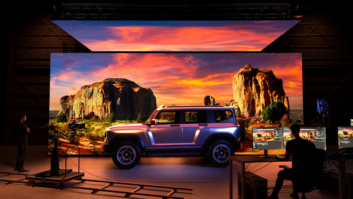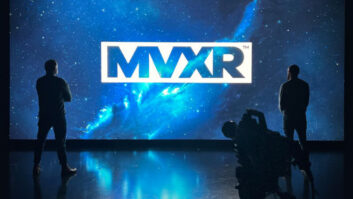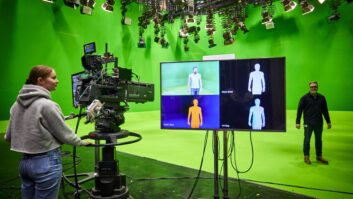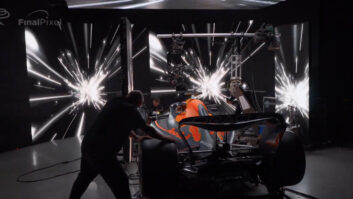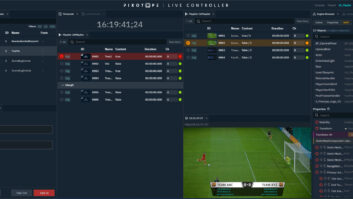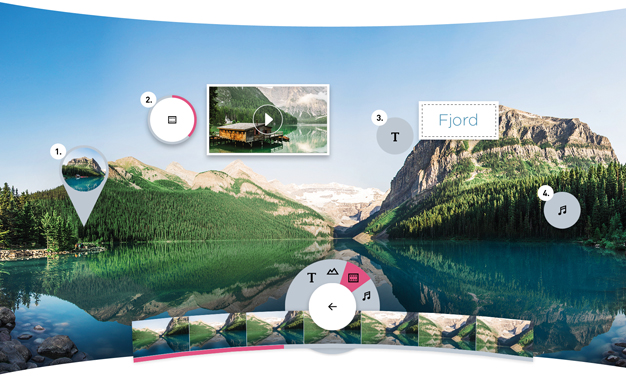
Magix has announced Photostory Premium VR, its first piece of software for virtual reality.
The german software developer’s program provides users with a new way to create virtual worlds from photos and videos, and includes an extensive set of VR functions, the full functionality of Photostory Deluxe and numerous additional effects.
Photostory Premium VR offers various options to create interactive VR presentations. User can assemble 360-degree photos and videos to form professional virtual tours, as well as achieve real surround sound by adding audio files. Users who do not have an extensive collection of 360-degree or 3D content can also display their conventional photos and videos in one of the 3D worlds provided by the program.
No additional hardware is required to run Photostory Premium VR and create interactive VR presentations, while it also supports advanced VR hardware and fully-featured VR content that can be extensively edited. For sharing and playing finished VR experiences, Magix provides the free app Magix VR-X Player, which allows viewing on a PC or laptop, with VR glasses or with a VR headset for smartphones.
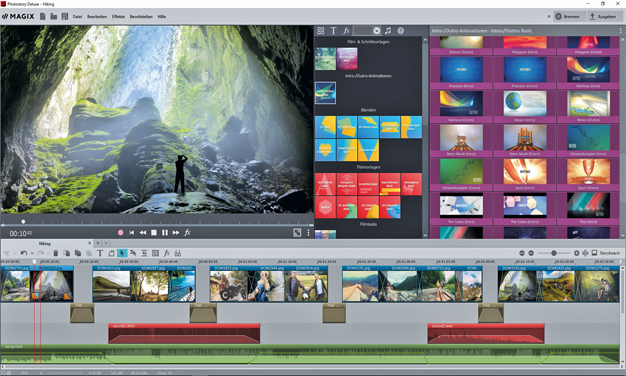
The company has also announced Photostory Premium VR 365, a subscription service that allows users to access all of the professional features of Photostory Premium VR for a low monthly fee.
“Virtual reality is currently one of the most exciting technological developments of our age”, said Stefan Renz, Photostory Premium VR’s product owner. “We have over 20 years of experience in developing photo and video editing software and are using this knowledge to help shape VR innovation. We truly believe that Photostory Premium VR will greatly expand the circle of users who can take part in this exciting new technology.”
Magix has already been working on VR projects with Intel (Alloy) and Microsoft (HoloLens). In 2017 the company acquired Dresden software firm, simplitec GmbH in order to tap into the virtual reality market.
